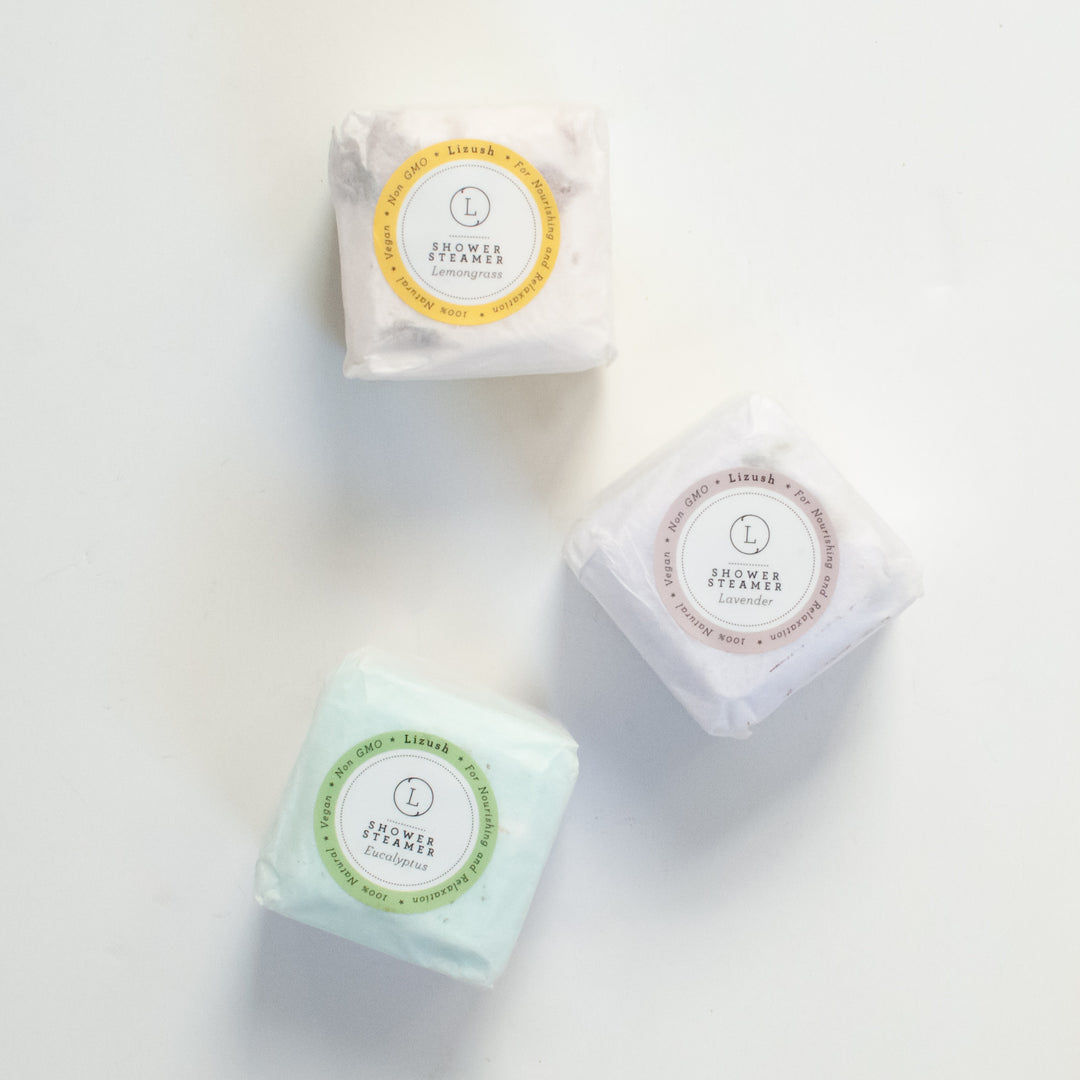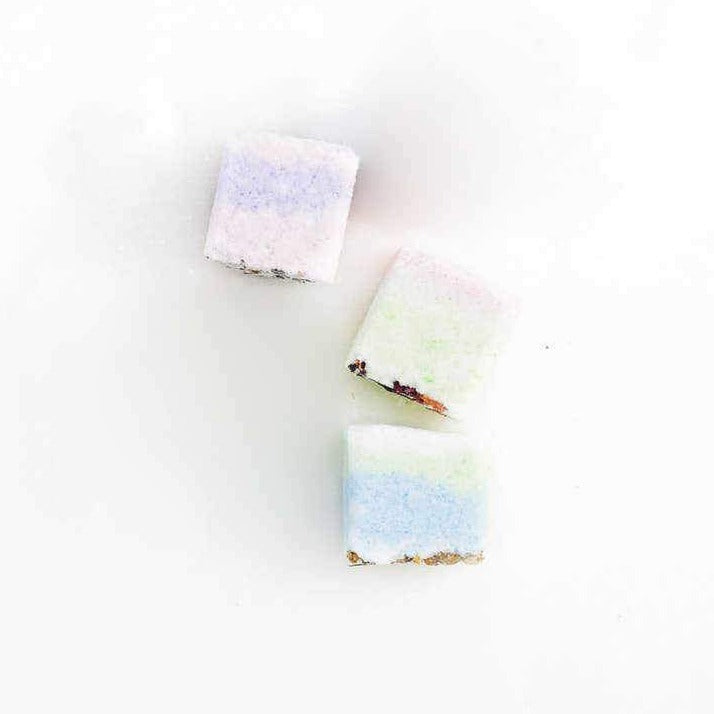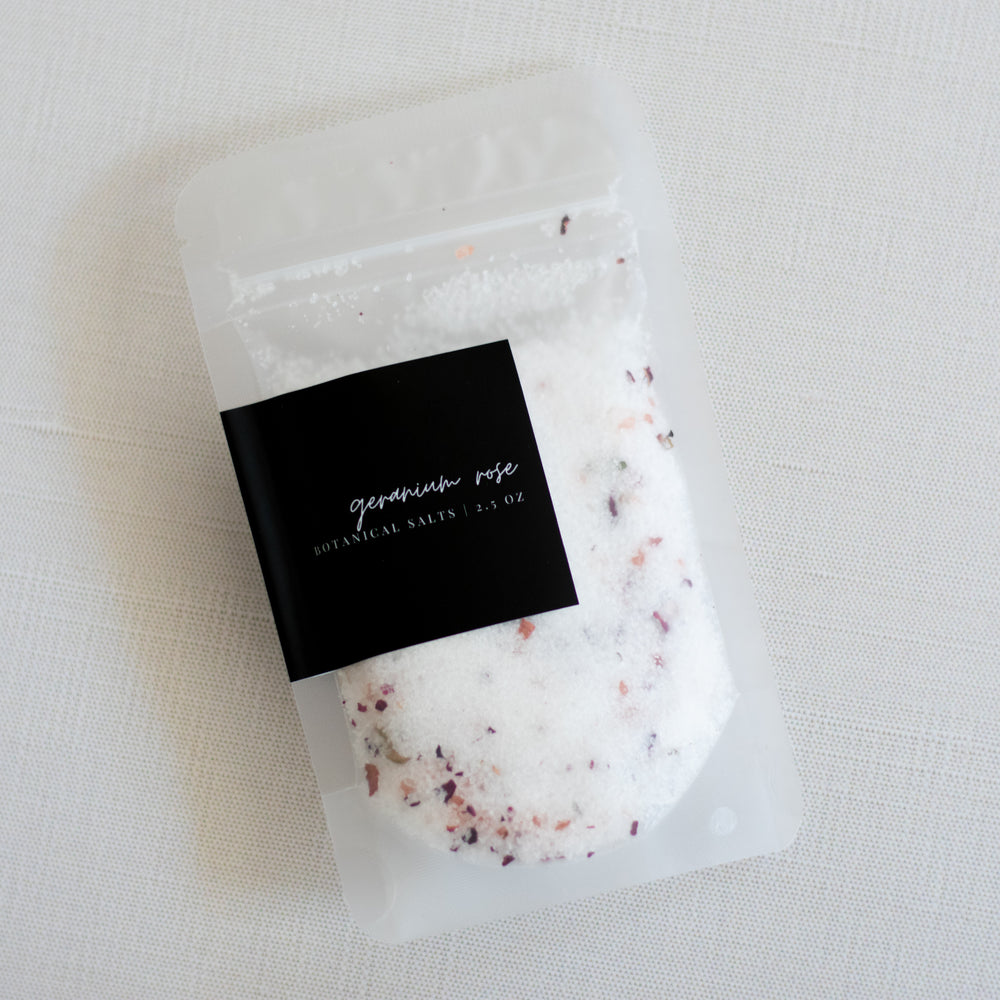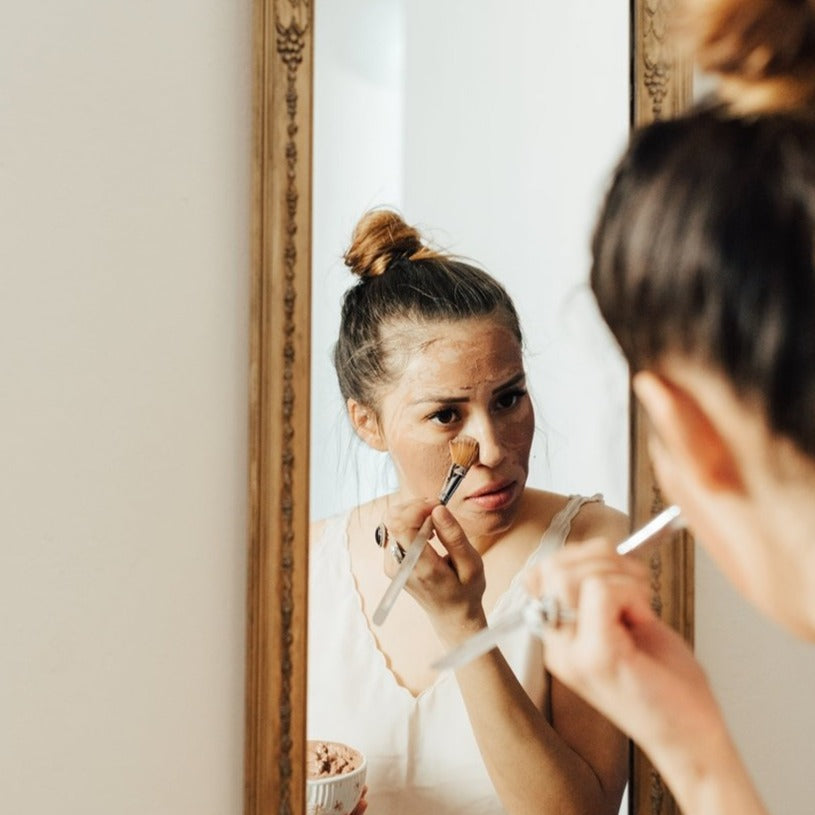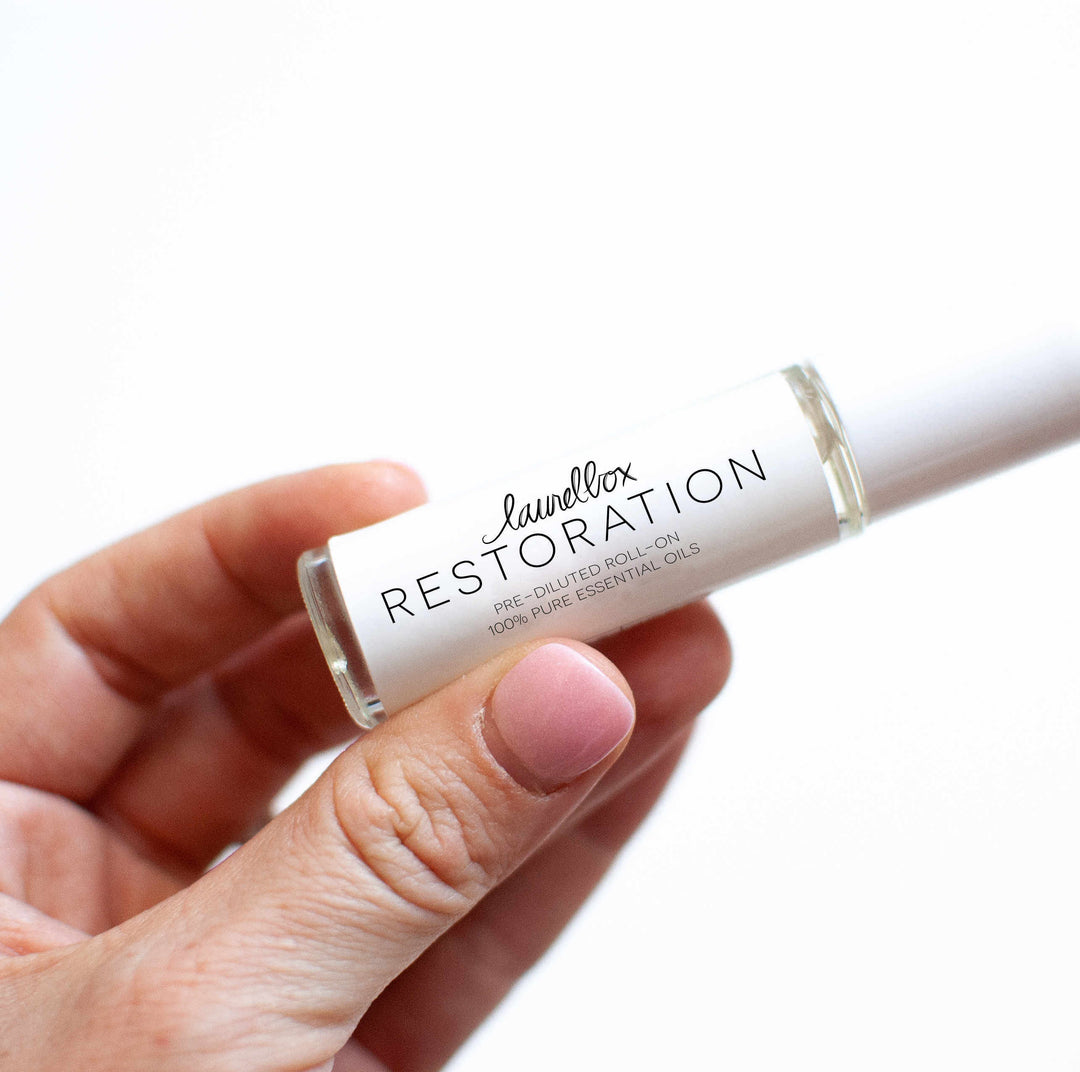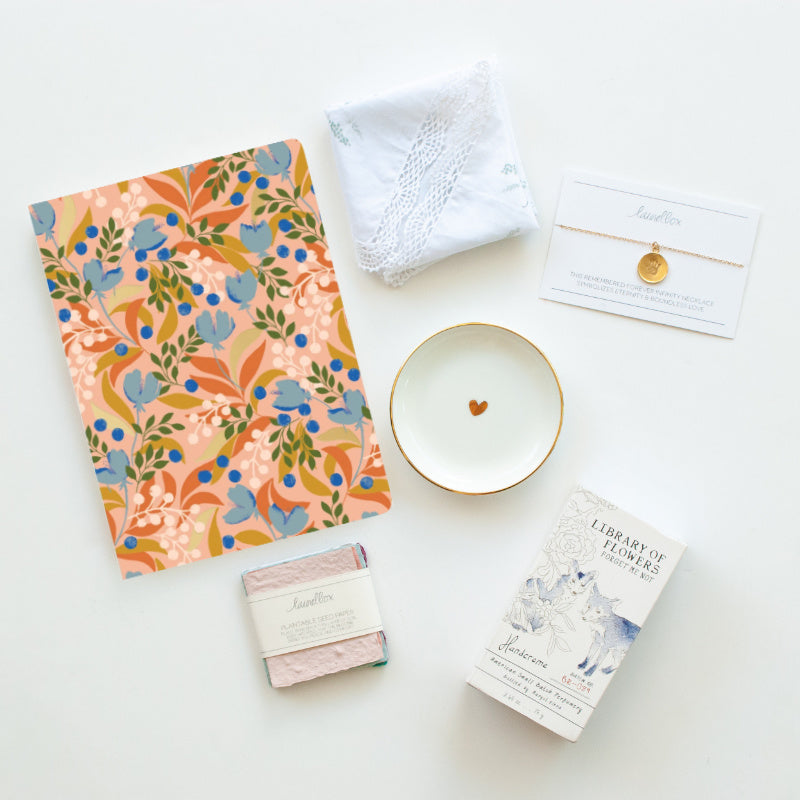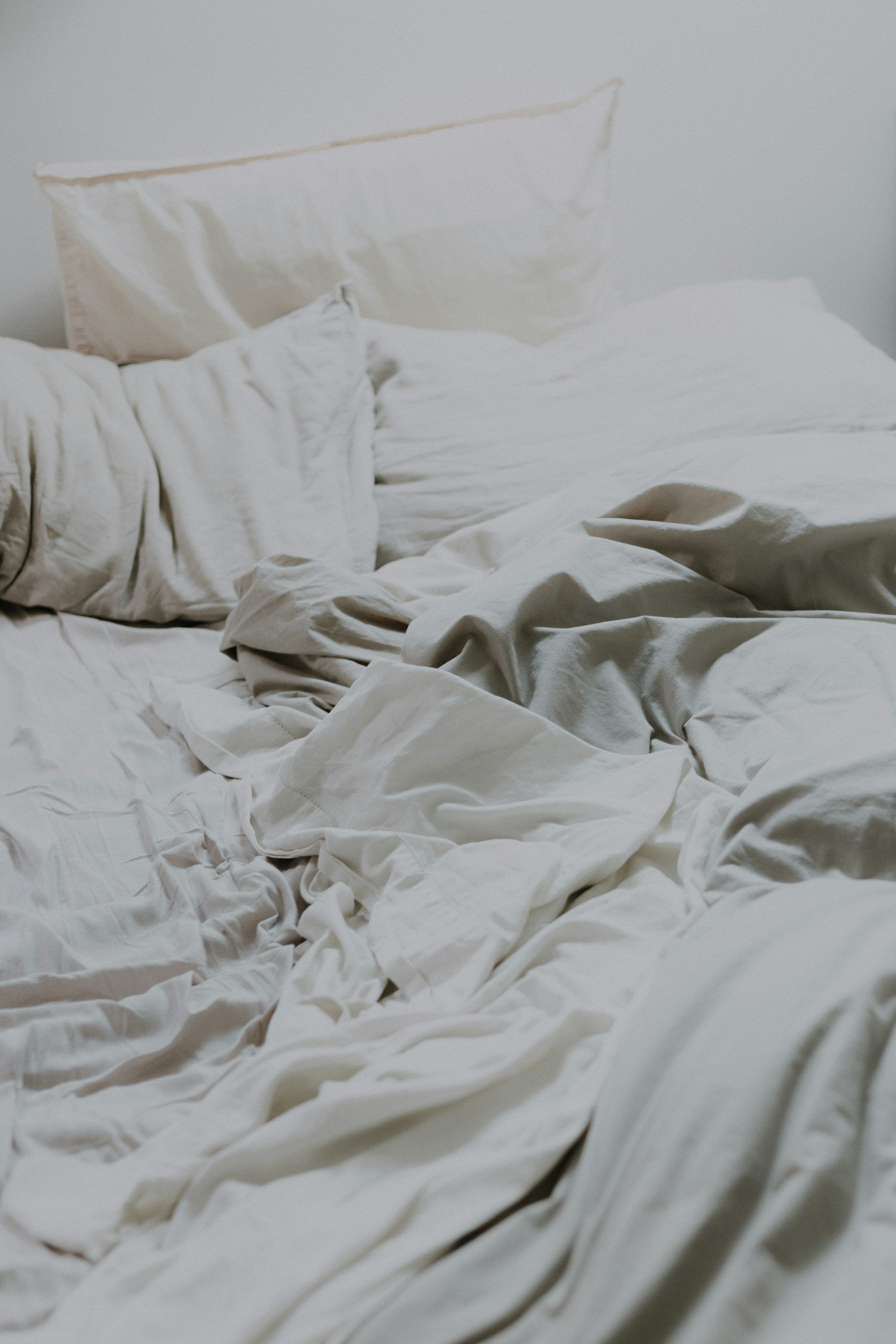
The Connection Between Grief & Sleep: Tips For Better Rest
Grief affects so many different aspects of our lives in surprising ways. Losing a loved one can have a huge impact on sleep, leading to insomnia and many restless nights. By understanding how and why grief can affect your sleep schedules and taking proactive steps to ease the impact, you can start resting better during your healing journey. Keep reading to learn more about the connection between grief and poor sleep and how you can make small changes that could produce big results in the important area of restful sleep.
Why Sleep Is So Important
Did you know we spend nearly a third of our lives asleep? That’s quite a chunk of time! It’s common knowledge that restful sleep is important but here are some specific ways your body repairs itself while your eyes are closed.
- Energy conservation and storage: When your body “powers down” it allows cells that have worked hard all day to resupply and stock up energy for the next day.
- Self-Repair and recovery: The less active time asleep allows your body to heal from injuries and repair muscles. That’s why sleep is so important when you are fighting a sickness or dealing with fatigue from grief.
- Brain maintenance: Think of it like a librarian sorting and shelving books at the end of the day. During sleep your brain reorganizes and files memories and learned information. This helps you remember things easier and more efficiently the next day.
For all those reasons and more, sleep should be a priority for everyone! We don’t have time to get into the stages of sleep and REM cycles and deep sleep versus light sleep but if you are curious, check out this two-minute neuroscience video about the stages of sleep.
Sleep is important for brain function, memory retention, muscle repair and so many other bodily functions. In this video, learn how our brain waves operate during sleep cycles.
The Relationship Between Grief and Sleep
Now that we know why we need to prioritize sleep, let’s talk about how grief can play a role in disrupting our nightly zzzzz’s. Grief-related insomnia and grief-induced sleep issues are very common in the grieving process. Grief is a significant life event and can affect our physical, emotional and mental health. Most people who lose a relative or close friend will experience sleep troubles as part of the grieving process, as the body and mind react to the stress of the event, according to Mary-Frances O-Connor, a professor in the University of Arizona Department of Psychology. She directs the university’s Grief, Loss and Social Stress Laboratory and noted, "We know that, for many people, experiencing the death of a loved one is followed by sleep disruption – not surprisingly, given how stressful it is to lose a loved one. We also know that people who have a more prolonged grief disorder tend to have persistent sleep problems.” Sleep issues can manifest in a variety of ways including trouble falling asleep, difficulty going back to sleep or disturbed sleep involving nightmares, often focused on the deceased.
Tips for Better Sleep
Even though grief-related sleep disruptions are common and to be expected, there are some proactive steps you can take to improve sleep and hopefully get a better night’s rest.
- Stick to a routine: Even though life never looks the same during the grieving process, try and stick to a routine and predictable pattern of meals, activity and rest as a way of signaling to your body which step you are entering.
- Move your body and exercise: I can attest that on days I work out, I’m much more prone to fall asleep before the clock strikes 10 o’clock! Working out may be the last thing you want to do while coping with grief, but it certainly could help improve your sleep. If a full workout can’t happen, at least take a number of walks during the day, garden or do some yoga.
- Skip alcohol and caffeine late in the day: Alcohol and caffeine can negatively affect sleep. This study says caffeine can disrupt sleep if consumed within six hours of bedtime. Even though alcohol can make you drowsy, it actually is shown to disrupt your sleep patterns. Skip the nightcap and drink a nice warm mug of chamomile tea!
- Keep a bedtime: Remember, bedtimes aren’t just for children! Keeping to a predictable wind down time can help your body get into the habit of being tired at the end of the day. Make sure a consistent wake up time is observed as well.
- Limit distractions: You knew this one was coming. Experts say to get better sleep you need to shut off your electronics one hour before bedtime. Scrolling social media or looking at old pictures probably won’t calm you down and create a relaxation mindset. Opt for a good book or puzzle as you prepare to head to bed.
- Create a Sleep Sanctuary: Turn your bedroom into the optimal sleep space with blackout curtains, a white noise machine and comfortable pillows.
Grief Gifts to Help With Insomnia
Whether you are the bereaved one having trouble sleeping or you are looking for a gift for a loved one grieving, laurelbox has a variety of grief gifts to help improve sleep. I didn’t mention it yet but a nice warm bath is a great way to relax the muscles and signal your body that sleep is on the horizon. This soothing bath soak would be calming followed by an essential oil roller that promotes relaxation and restful sleep. As you change into your jammies, pull on these soft agora wool knit blend socks to keep your feet from getting cold under the covers. Grief experts note the health benefits that come from journaling. Our minds are prone to race at night, so keep a notepad next to the bed to jot down any thoughts or tasks that would otherwise weigh on your mind without having to turn on your phone. My go to noise machine for both myself and my kiddos is the Hatch. I have a few different models but the new Restore advertises that it helps you establish healthy circadian rhythms through three stages of good night’s sleep. Also invest in good bedding to make your bed as inviting as possible.
SELF CARE
Conclusion
I hope this blog was helpful in explaining why sleep is so important and how grief and sleep are connected. I offered six practical tips for better sleep when grieving as well as a number of gifts that can help promote good sleep habits. American inventor E Joseph Cossman once said, “The best bridge between despair and hope is a good night’s sleep.” How true that is! If you are in the thick of grieving a loved one, try to prioritize your sleep. That is one way to keep you healthy, rested and hopeful as each new day dawns. Know that as I type these words, I’m praying Proverbs 3:24 over you: “If you lie down, you will not be afraid; when you lie down, your sleep will be sweet.” Sweet dreams, dear reader.
LANNA BRITT
Lanna Britt was a national news producer in Washington DC for nearly a decade covering politics, breaking news and current events. She now lives with her husband and three children in Richmond VA. She has two sweet babies she’ll meet again in heaven.








